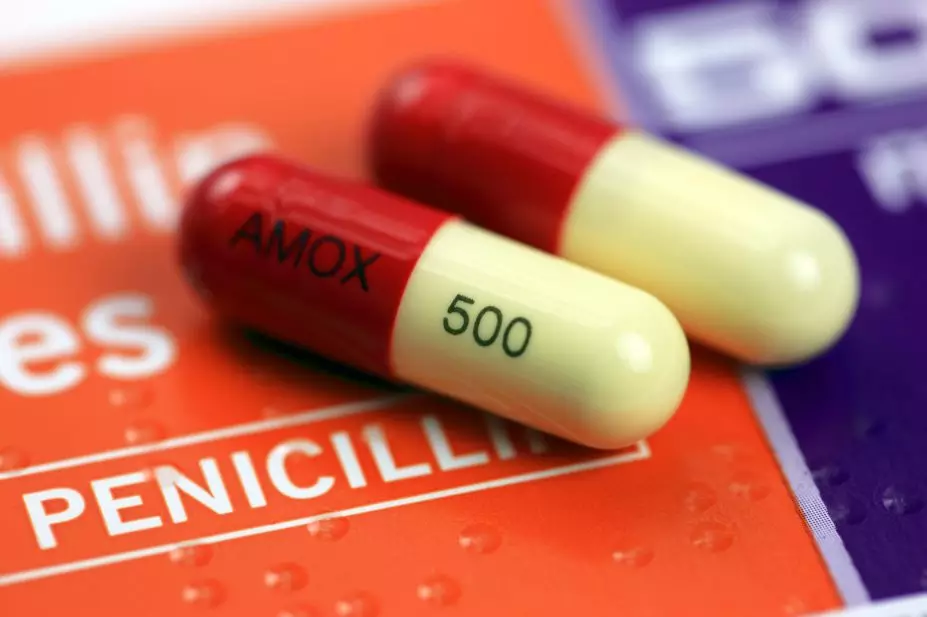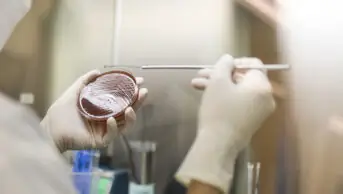
Home Bird / Alamy Stock Photo
An analysis of hospital admissions data by The Pharmaceutical Journal shows that between 2012/2013 and 2018/2019, the number of hospital admissions in England where the patient had a diagnostic ‘label’ of penicillin allergy almost doubled, from 575,000 to 1.1 million.
As a proportion of total hospital admissions in England, those with a history of penicillin allergy rose from 4% to 6% over the same time period.
Avoiding penicillin antibiotics for those with a genuine allergy is crucial; however, according to guidance from the National Institute for Health and Care Excellence (NICE) published in September 2014, fewer than 10% of people with a diagnosis are truly allergic to penicillin.
This mislabelling could lead to greater antibiotic resistance and sub-optimal therapy. Patients with a penicillin allergy record are much more likely to be treated with macrolides, tetracyclines, clindamycin, cephalosporins and quinolones; some of which are more strongly associated with antibiotic resistance.
In 2018, NICE urged healthcare staff to check that only bona fide penicillin allergies were recorded, after research published in the BMJ highlighted that people with a penicillin allergy label were almost 70% more likely to develop methicillin-resistant Staphylococcus aureus and 26% more likely to develop Clostridium difficile (C. difficile).
These new data come as resistant antibiotic infections in England are increasing, with an estimated 61,000 antibiotic resistant infections in England during 2018 – a 9% rise from 2017. However, a national penicillin allergy de-labelling programme has yet to begin.
Louise Savic, chair of the British Society for Allergy and Clinical Immunology (BSACI) penicillin allergy de-labelling guideline group and a consultant anaesthetist at Leeds Teaching Hospitals NHS Trust, says incorrect penicillin allergy labels are a “big problem” as some patients are being given second- and third-line broad-spectrum antibiotics that are “completely unnecessary”.
“We know that the vast majority aren’t correct, but we don’t have enough allergy specialists to test all of the people in the country,” Savic said, adding that BSACI plans to produce guidelines later in 2020 to encourage more widespread de-labelling of penicillin allergy.
Jacqueline Sneddon, an antimicrobial pharmacist, project lead of the Scottish Antimicrobial Prescribing Group and chair of the Royal Pharmaceutical Society’s antimicrobial expert advisory group, said that there are higher rates of resistant infections and a higher incidence of C. difficile infection in patients with penicillin allergy.
“So, there are potential adverse consequences for patients [who receive] an alternative [to penicillin],” she added.
A spokesperson for the Department of Health and Social Care said: “A future where antibiotics no longer work to treat infections is a very real threat which is why we have a five-year action plan to tackle antimicrobial resistance.”
“NHS England and NHS Improvement is leading national work to reduce antimicrobial use, including the issue of penicillin allergy de-labelling, and will be taking action based on evidence.”
An NHS spokesperson would not disclose specific details of the national de-labelling work but said that it was aware of the issue and it was one of the “many areas that will be looked at by the NHS antimicrobial resistance programme”.


